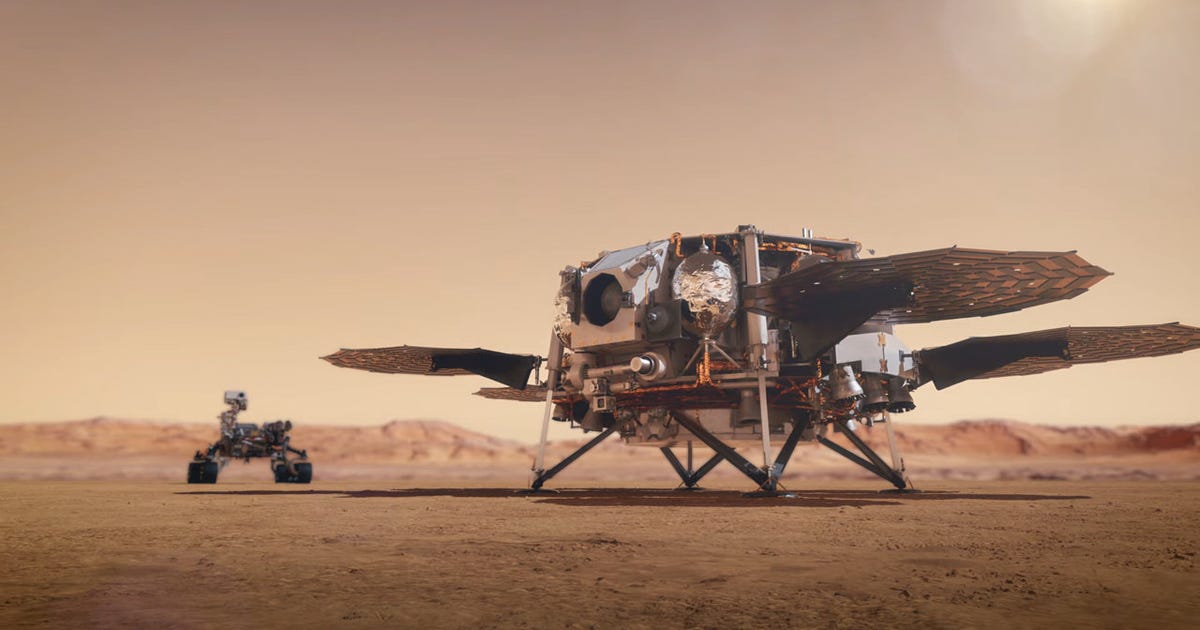
This story is part of Welcome to Mars, our series exploring the red planet.
Want some fresh Mars rocks? No big deal. We’ll just send a spacecraft to the red planet, plop down a lander on the Martian surface, meet up with an old rover, stuff some tubes into a rocket, blast that rocket off Mars, have a spacecraft catch the sample container, bring those samples back to Earth and then land them on our planet.
I need a peppy animated movie to keep track of all this.
NASA released a rousing new video on Thursday with an animated run through how the Mars Sample Return mission would work. The goal is to pick up the rock and soil samples collected by NASA’s Perseverance rover and get them to Earth for study. Pulling it off will be complicated, but the reward is great.
The video has it all. A soaring soundtrack. A charming head-tilt from Percy. A heart-warming happy ending. The animation is a good illustration of the complexity of the mission and the optimism that’s powering it. We’re looking for signs of ancient microbial life on Mars and getting samples into scientists’ hands is our best shot at doing that.
The video leaves out some proposed aspects of the mission, notably the plan to send a couple of small helicopters that could go fetch sample tubes should something prevent the rover from coming in person to meet the lander.
For a more detailed look at the return mission, check out our CNET explainer:
The mission is still in the design phase and there are lots of moving parts as NASA collaborates with the European Space Agency on the components needed to make it all work.
If all goes well, the Sample Retrieval Lander would launch in 2028, kicking off the mission in earnest. That would mean samples could be in labs by the mid-2030s. And then what? Maybe we’ll finally learn if there was life beyond Earth. That would be well worth all the effort of this wild mission.

